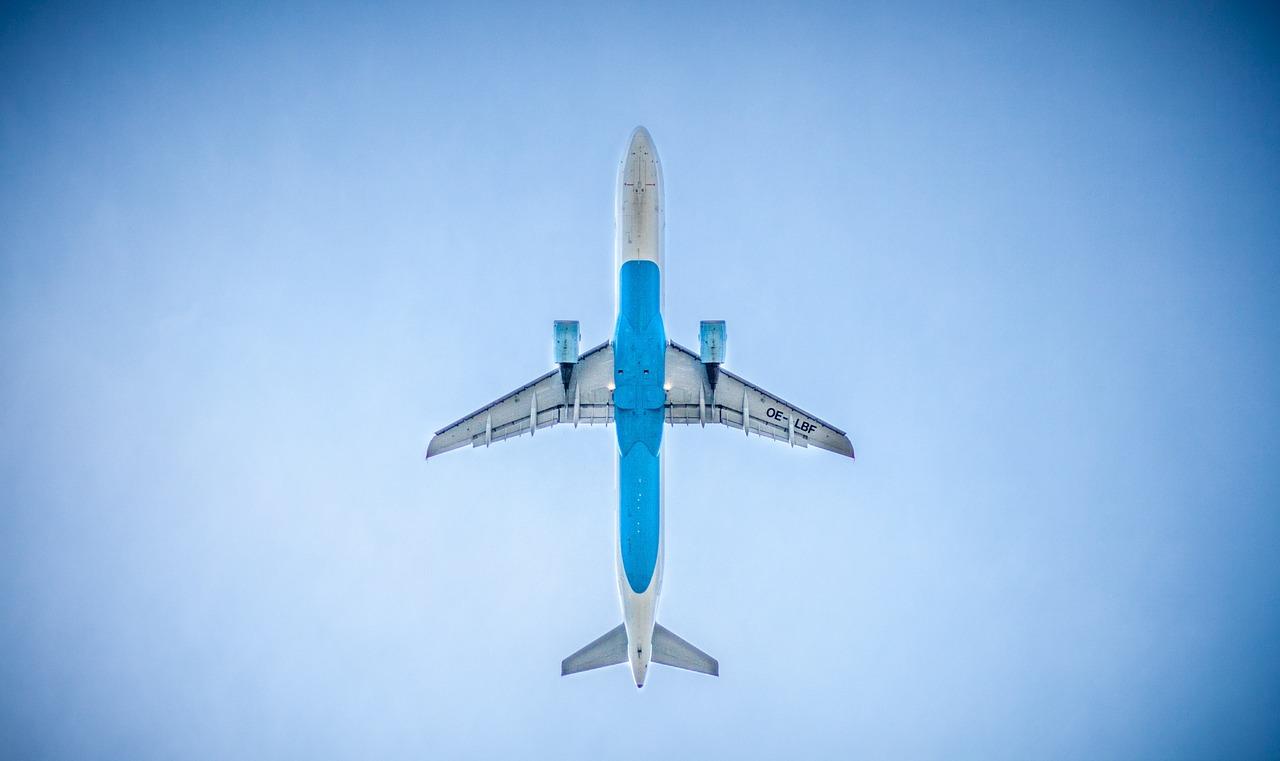
Governments in Latin America and the Caribbean must focus on enhancing competitiveness and improving aviation infrastructure if they are to maximise the economic and social benefits of aviation, the International Air Transport Association’s (IATA) director general has urged.
Alexandre de Juniac said aviation currently supports 7.2 million jobs and $156bn in economic activity across the Latin American and Caribbean region. That represents 2.8 percent of all employment and 3.3 percent of all GDP in the region.
But he added: “While these are impressive numbers, aviation’s contribution could be even greater. For example, in the Middle East region, air transport supports 3.3 percent of all employment and 4.4 percent of GDP.
“Achieving the same levels in Latin America would mean another 1.3 million jobs and an additional $52bn in GDP contribution.”
Speaking at the ALTA Airline Leaders Forum in Panama, de Juniac emphasised the need for adequate infrastructure to support current requirements and future growth.
“The capacity challenges at key hub locations such as Buenos Aires, Bogota, Lima, Mexico City, Havana and Santiago are well documented. Unless they are addressed, the region's economies will suffer,” he said.
IATA cited Peru, where long delays in constructing a new terminal and runway at Lima have impacted the country’s development as a regional hub, and Jamaica, where the government plans to invest $60m on an “unnecessary” runway extension at Montego Bay rather than improving the passenger experience.
In addition, construction of a new $13bn international airport for Mexico City looks set to be cancelled despite the huge infrastructure project being about one third completed.
Approximately 70 percent voted to scrap the ongoing construction at Texcoco in a public referendum. However, the turnout represented less than 1 percent of Mexico's electorate and opposition parties said that the vote did not follow the proper rules.
de Juniac also called on governments to reduce taxes, fees and policies that “impose a huge burden on airlines and stifle air travel”.
He said Brazil’s jet fuel pricing policy inflates airline costs by $255m annually while Barbados recently imposed a $70 per ticket tax for long haul flights and $35 for travel within the Caribbean community, making it a more-costly destination.
“These are just a few of many examples, all illustrating that too many governments see aviation and air travel as targets for heavy taxes and fees, rather than as a catalyst for economic growth and job creation,” he added.





